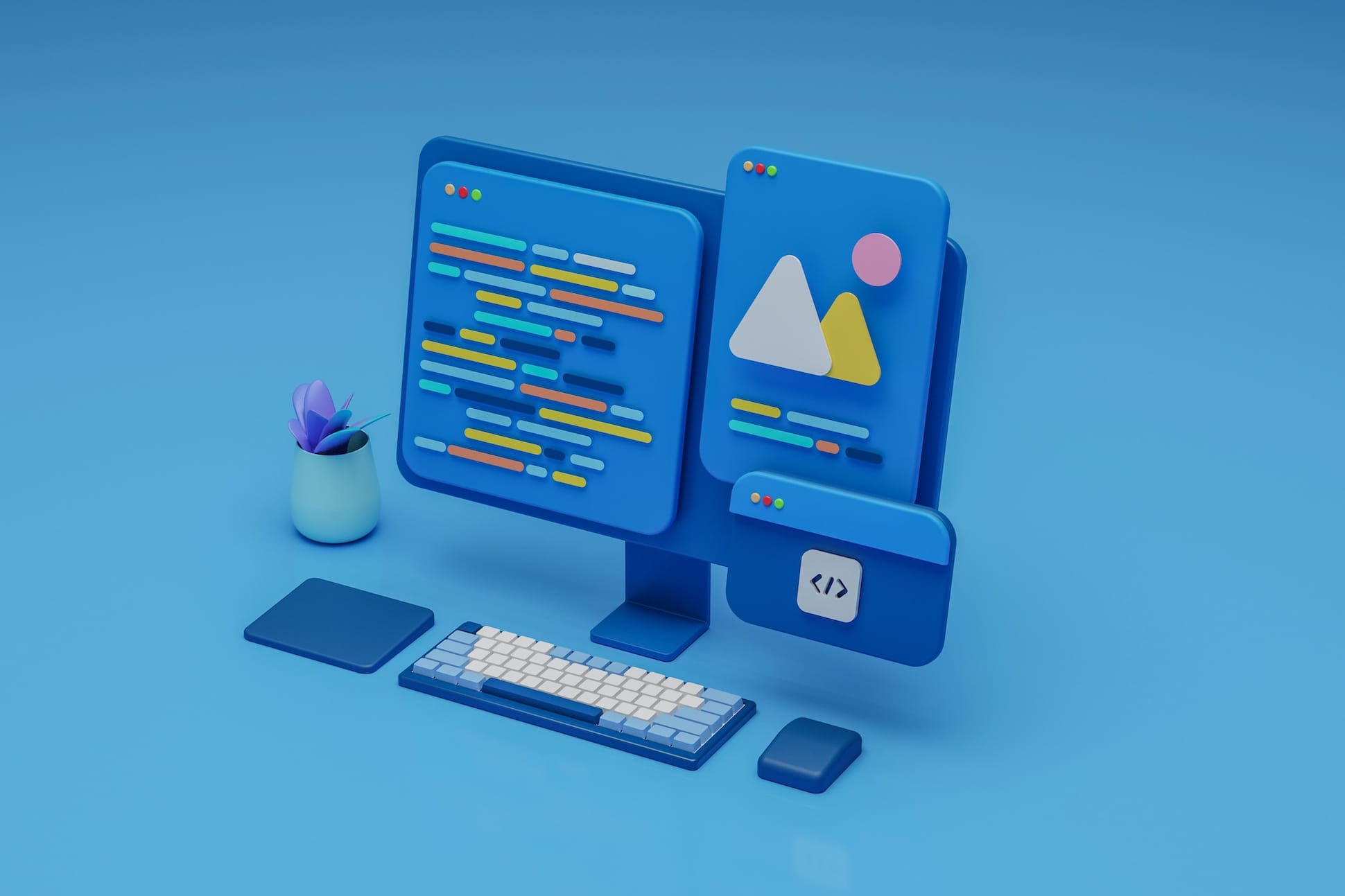Survival Guide to the Great Programming Transformation of 2035
What I feel about how AI is Reshaping Programming and Why the Next Decade Belongs to Developers Who Adapt, Architect, and Lead

1. The Tension We Live In
My Mondays always start with hope: an optimistic roadmap and a clear goal. By Friday, it’s firefighting—bugs, chaos, delays. We live in the gap between what we plan and what actually happens between Monday and Friday.
Thanks for reading! Subscribe for free to receive new posts and support my work.
I left active coding in 2012 to focus on building businesses, coaching, mentoring, and product management.
After reading the posts about how AI is going to make coding easy, I relentlessly stumbled upon videos, tutorials, and walkthroughs, looking for help to crystallise my thoughts on whether to take a coding plunge yet again. It helped me shift my thoughts.
My learnings inspire this first post on SubStack and afterthoughts on how AI is becoming a future coder ally.
I am convinced that AI isn’t just helping with code snippets. It’s gearing up to help you build entire applications fueled by the concerted efforts of Cursor, Windsurf, V0, Devin, Bolt, and a few others. People are shipping in hours what once took weeks.
And surprisingly, I didn’t feel threatened. Because this isn’t a replacement, it’s a transformation to try, experiment, pivot and use AI as your trusted comrade to build new things.
2. The New Shape of Software Engineering
AI isn’t taking jobs—I don’t see it that way. It’s redefining what a software engineer is.
Today, one engineer can direct multiple AI agents. Soon, that number will double. And again. The role isn’t vanishing—it’s evolving.
It is enabling us to move from bricklayers to architects. From typing code to orchestrating outcomes.
Typing faster won’t help. Memorising syntax won’t either. The edge is in directing intelligence, not being it.
3. The Death of the Middle
I see two clear paths.
One: Go deep. Work in critical systems—where reliability trumps speed. Think rockets, hospitals, life sciences and aviation. AI won’t replace depth here for decades.
Two: Go high. Solve real human problems. Think niche, custom, tools, utilities. Code becomes a tool—insight becomes the product.
The middle path you imagine—the full-stack generalist—is eroding. Keep walking that path, and by 2035, you’ll be limiting yourself to building CRUD apps with AI breathing down your neck.
4. Mourning the Old Magic
In 1990, when I started coding, it was magic—those nights of building without guides, when everything felt raw and alive. Now, AI writes it. The magic feels… dim.
That’s grief. The grief of mastery I earned over a decade, getting obsolete by AI coding.
Because the defining skill of the next decade isn’t code, it’s taste. What feels right, what serves best, is what truly matters.
5. What Truly Matters Now
The ability to shape your intent in a way that helps AI turn it into functional software. To explain what you want so clearly that it converts your want into a piece of software. To course-correct AI. To anticipate user experience.
Code in the AI world is becoming conversational. That’s the most precise direction it is moving into.
Soon, your colleagues, co-workers, fellowmen, teammates won’t know what a pointer is. They’ll build apps like placing an order: naturally, fluidly, without syntax.
Your job? Guide them. Design the logic. Direct the systems. Hold the vision.
6. Learn, or Be Left Behind
Efficiency breeds demand. The faster you build, the more you need to build. The best engineers won’t be the fastest typers. They’ll be the best deciders.
Teams today are hiring for curiosity, not credentials and measuring agency, not experience.
You can’t react your way out of this. You don’t need bootcamps—they are teaching gas lamps in an age of electricity.
7. The New Day-to-Day
Debugging becomes the new frontier. Not just your code, but debugging and refactoring AI’s code. You’ll spend 10% building, 90% refining logic you didn’t write. You’ll chase bugs across layers of generations you never touched.
Visual tools will rise. You’ll either master them or get lost.
Pride will shift: From perfect code → perfect outcomes. From clever logic → clean architecture. From “I built this” → “I solved that.”
8. The Human Advantage
AI currently lacks human context, and it will continue to do so in the foreseeable future. It can’t understand business trade-offs. It can’t empathise. It can’t feel the user’s hesitation before and after they click.
The real advantage? Systems thinking. Product sense. Empathy.
Developers will always rule the AI code, with the above three inherent natures imbibed in them as humans.
The strongest developers won’t just build. They’ll connect the dots no one else sees.
9. What To Do Now
Start small. Build something with AI. Experiment with tools. Experiment with refactoring. Experiment with debugging. Feel the weirdness. Learn the limits. Stretch them. Every clunky command today will lead you to fluency tomorrow.
Shopify's CEO has just sent a directive to their staff to understand AI.
You don’t wait for leadership to dictate to understand AI. Become it. Be the bridge.
The ones who get it will lead. The rest will follow—or fall behind.
10. The Decade Ahead
There is not going to be a death of software.
There will be more software. There will be more demand. There will be umpteen opportunities.
But a new kind of opportunity.
You’ll write less. You’ll be an architect more. You’ll solve for the better.
Code isn’t disappearing, nor is coding. It’s transcending.
Remember, the two paths lie ahead: Go deep. Or go high.
But don’t stand still.
The future isn’t waiting for syntax. It’s waiting for vision.
I am determined to take the plunge into coding with AI.
Join me through this newsletter.
2035 won’t be about survival. It will be about code leadership with AI.
Will you lead?